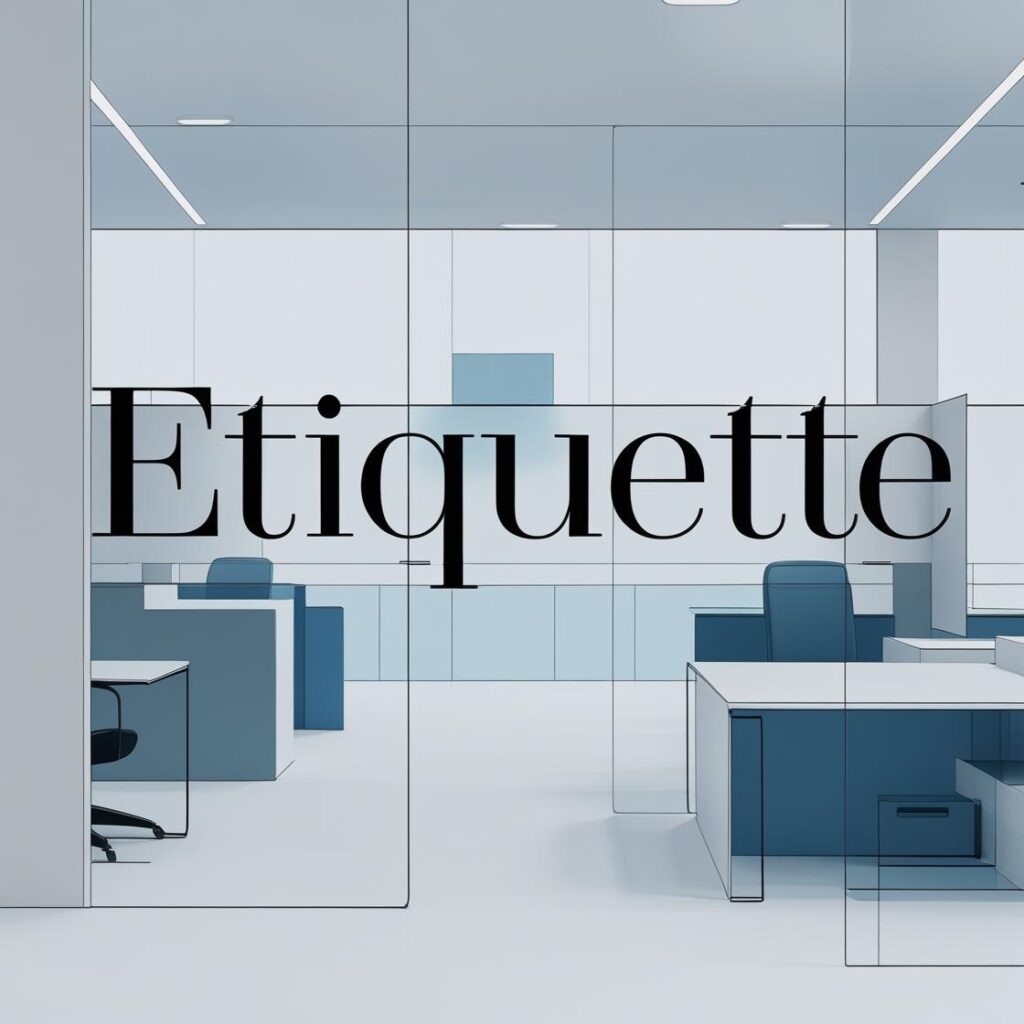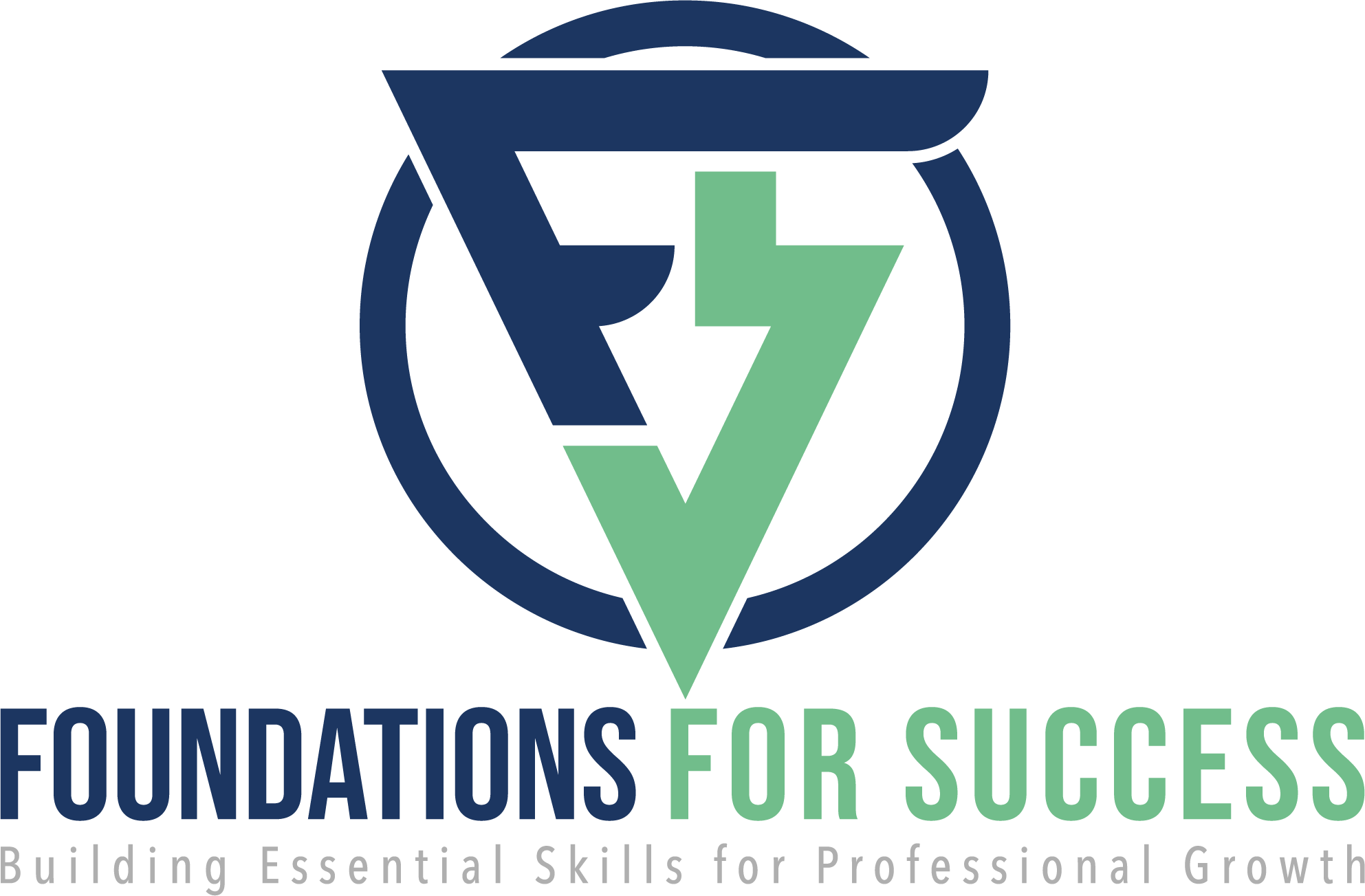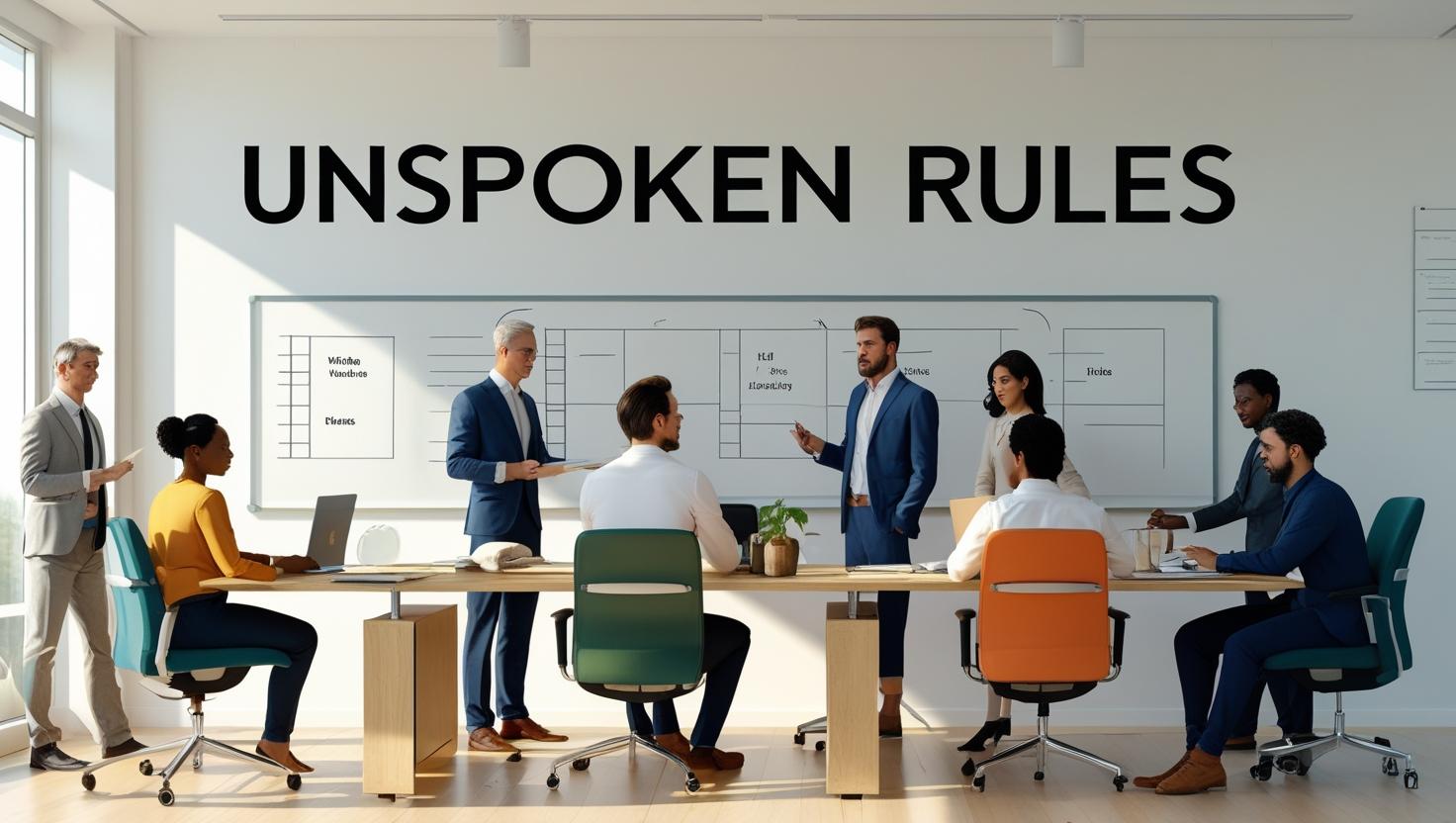You’ve probably been there before.
The Zoom meeting starts… do you mute right away? Camera on or off? Is it okay to send a quick emoji reaction, or will that make you look unprofessional?
Or maybe you’re sending an email to another team—should you cc your boss? Or you’re stuck on a project and unsure of its direction—do you ask your PM for help, or just figure it out and hope for the best later?
These are the kinds of “unspoken rules” that quietly shape how we’re perceived at work. And while the workplace looks very different in 2025—with hybrid schedules, Slack threads, and AI tools at our fingertips—one thing hasn’t changed: etiquette still matters.
What We Mean by “Unspoken Rules”
When most people hear “office etiquette,” they think about dress codes or firm handshakes. But etiquette is much deeper than that. It’s about the little things that communicate respect, reliability, and professionalism. It also signals the behaviors and standards that organizations expect from their employees.
Some examples include:
- Knowing when to cc vs. bcc.
- How you join (or interrupt) a meeting.
- Showing up on time—or letting people know when you won’t.
- How to receive feedback and ask for help.
- How you contribute to the team and culture.
These unspoken rules may not be in the employee handbook, but they absolutely shape how coworkers trust, respect, and respond to you.
Why Etiquette Still Matters in 2025

Some people argue etiquette is outdated. But the truth is, it’s more important than ever—and it’s at the heart of many of the challenges young professionals and Gen Z face today.
Often, they’re entering a professional workplace that feels completely new, and instead of being introduced to these expectations, they’re simply thrown into the deep end. The result? Frustration, miscommunication, and lost opportunities.
Etiquette, at its core, builds credibility and trust. It helps hybrid and multigenerational teams collaborate more smoothly. And here’s the catch: poor etiquette doesn’t always get called out, but it is noticed—and it can quietly hold back your career.
Think of it this way: technology has changed the tools, but not the principle.
- Handwritten thank-you notes became Slack shoutouts.
- Phone calls and in-person meetings became Zoom or Teams calls.
The form changes, but the need for respect and professionalism hasn’t gone anywhere.
The Generational Angle
For Gen Z entering the workplace, etiquette can feel like learning a new language. They’re incredibly skilled with digital communication, but many “unspoken rules” of office culture aren’t intuitive.
But here’s the thing: it’s not just new employees who benefit from learning and growing in this area. Seasoned employees also need reminders of organizational etiquette and expectations. Not only does this keep everyone aligned, but it also positions experienced staff to act as mentors to newer employees.
And here’s the bonus: when etiquette is practiced and modeled across the board, you may discover new leaders you didn’t expect—whether they’re fresh faces just starting out, or long-time veterans who rise to the occasion in new ways.
The Bottom Line
Etiquette isn’t about being old-fashioned. It’s about being taken seriously. It’s about creating an environment where people can thrive, build trust, and grow.
So here’s a challenge for you: What unspoken workplace rule do you wish someone had told you earlier in your career? Leave a comment—we’d love to hear your story (and chances are, others will relate too).
And if you’re ready to go deeper, this is exactly why we created Beyond Day One: Essential Skills for Professional Success. This course helps emerging leaders master both the spoken and unspoken rules that shape careers.


